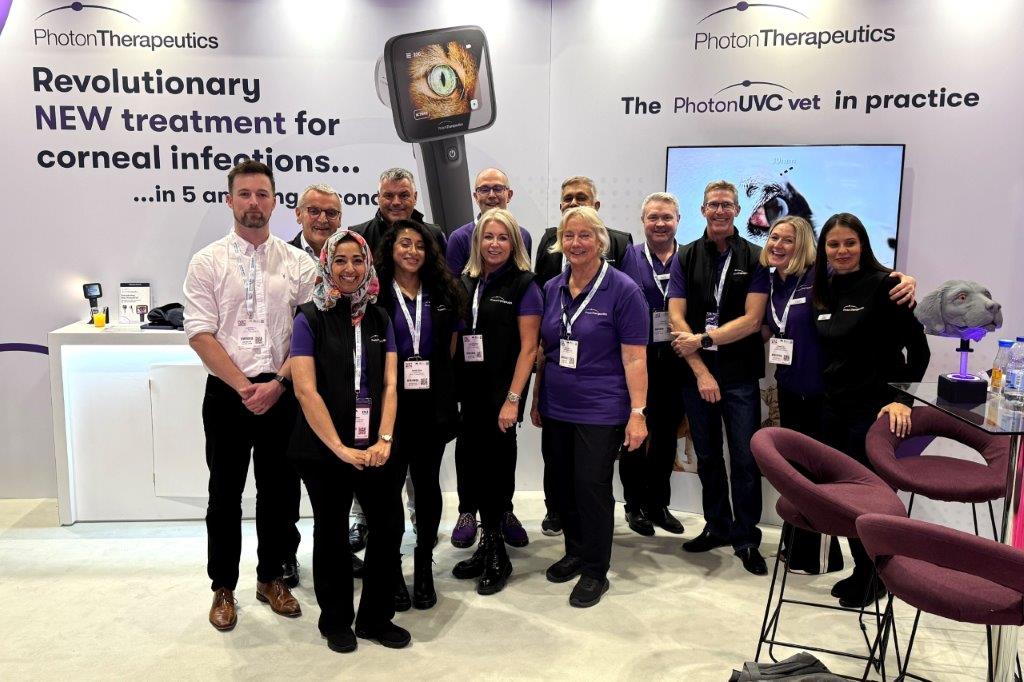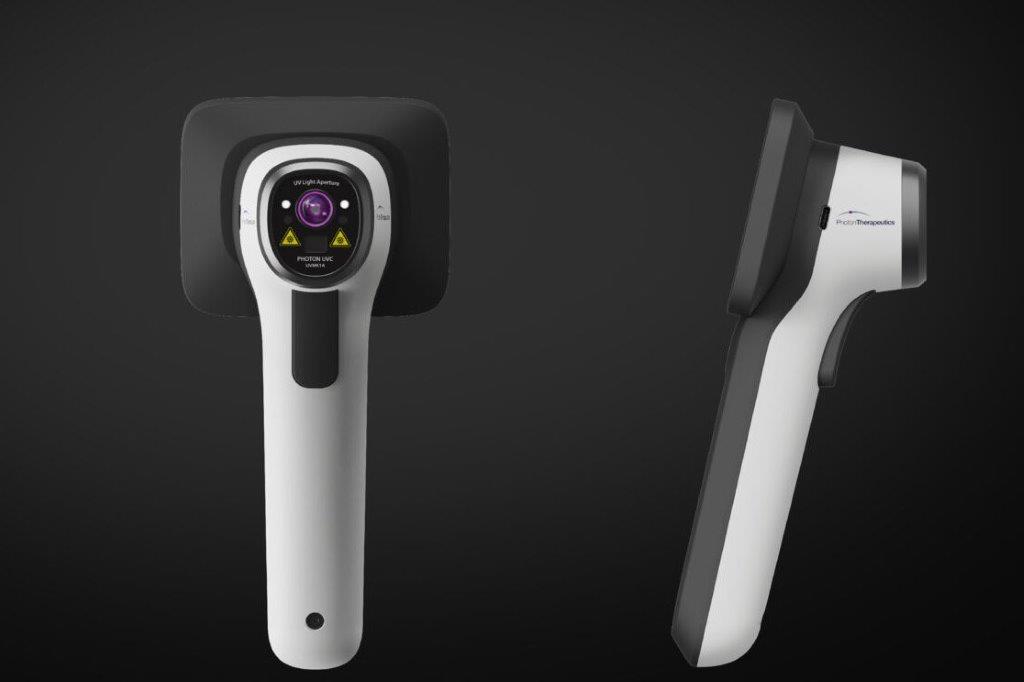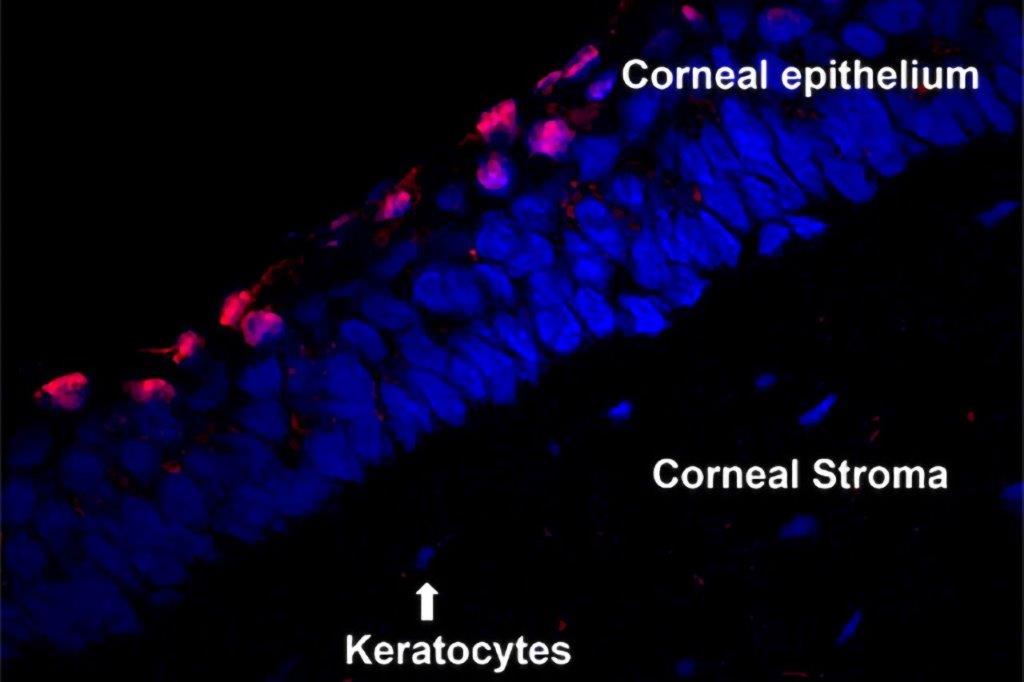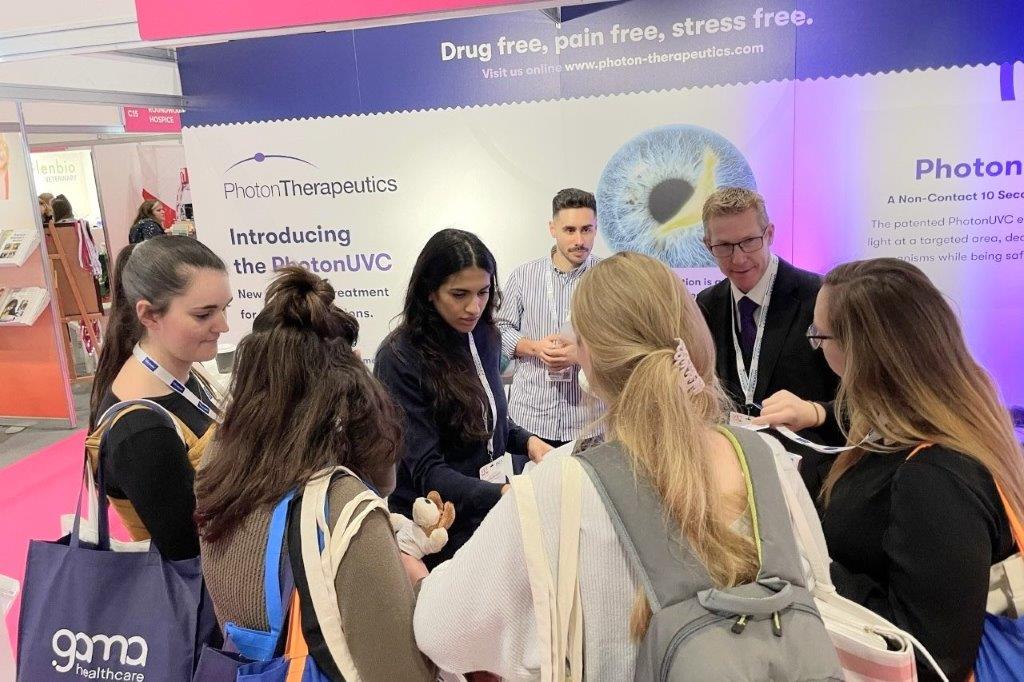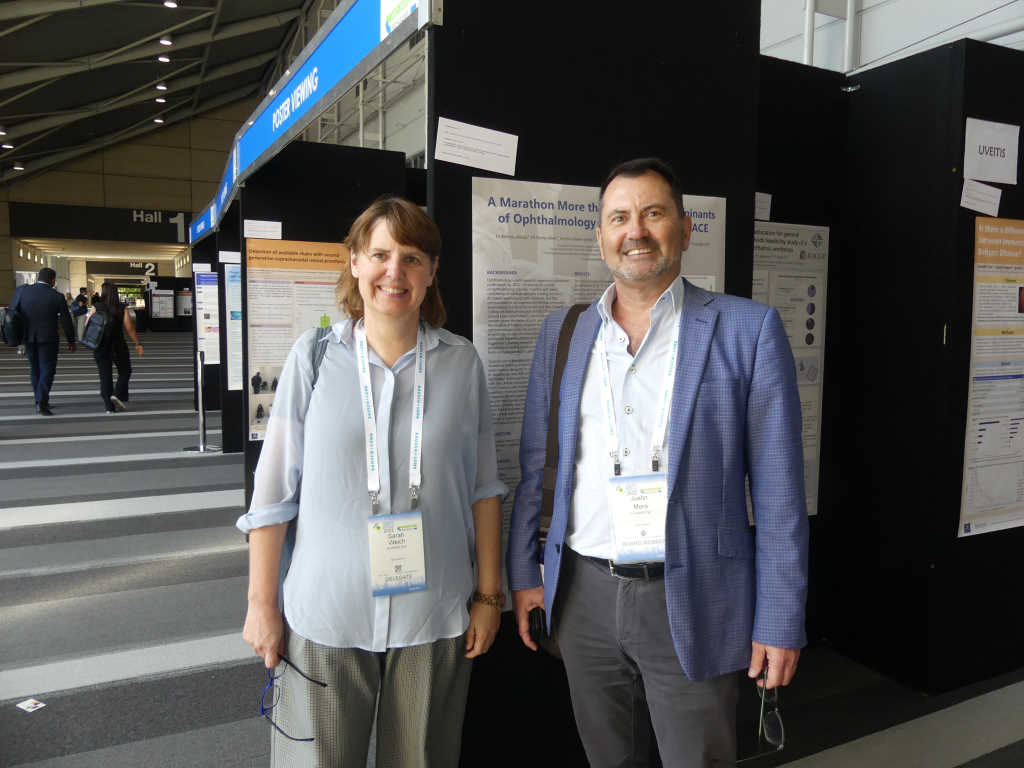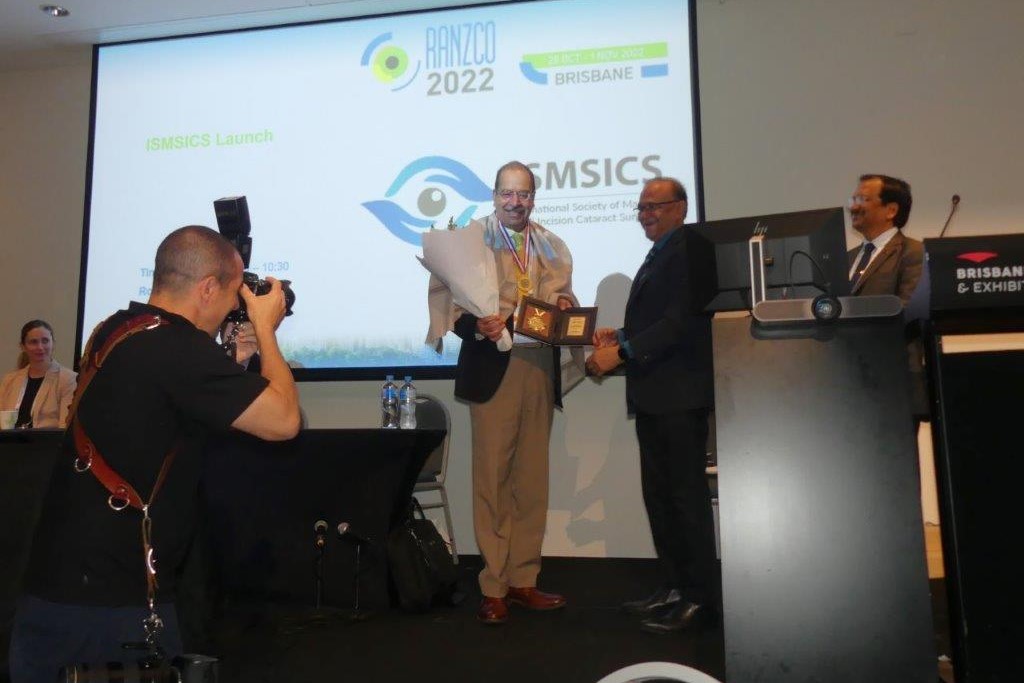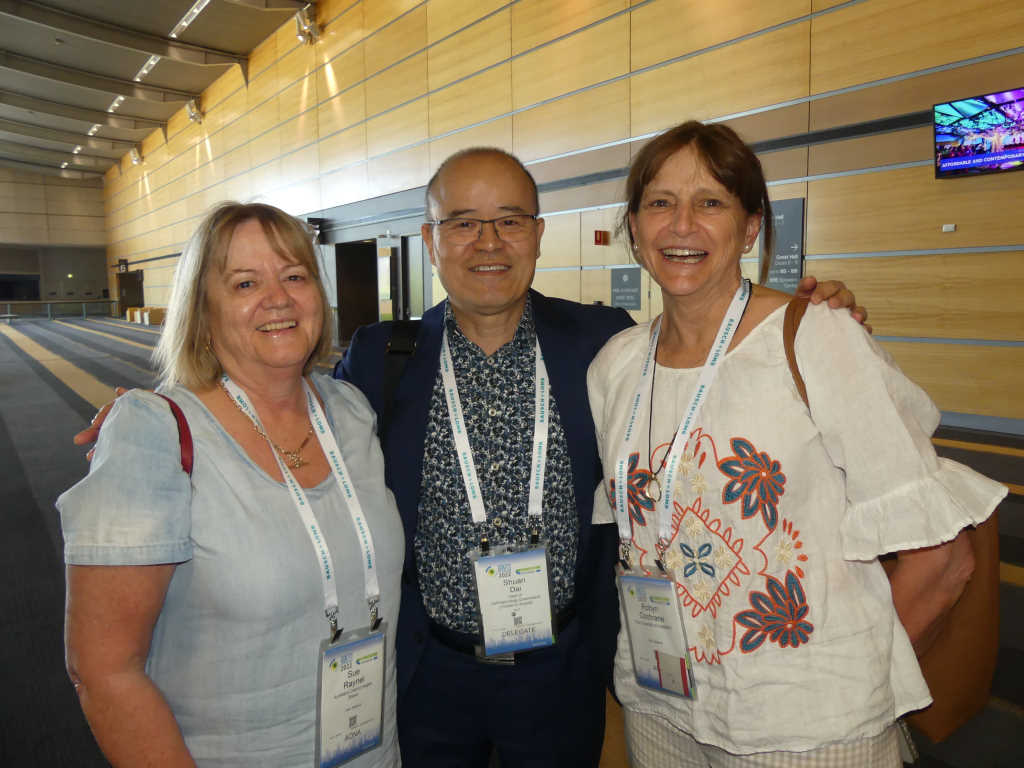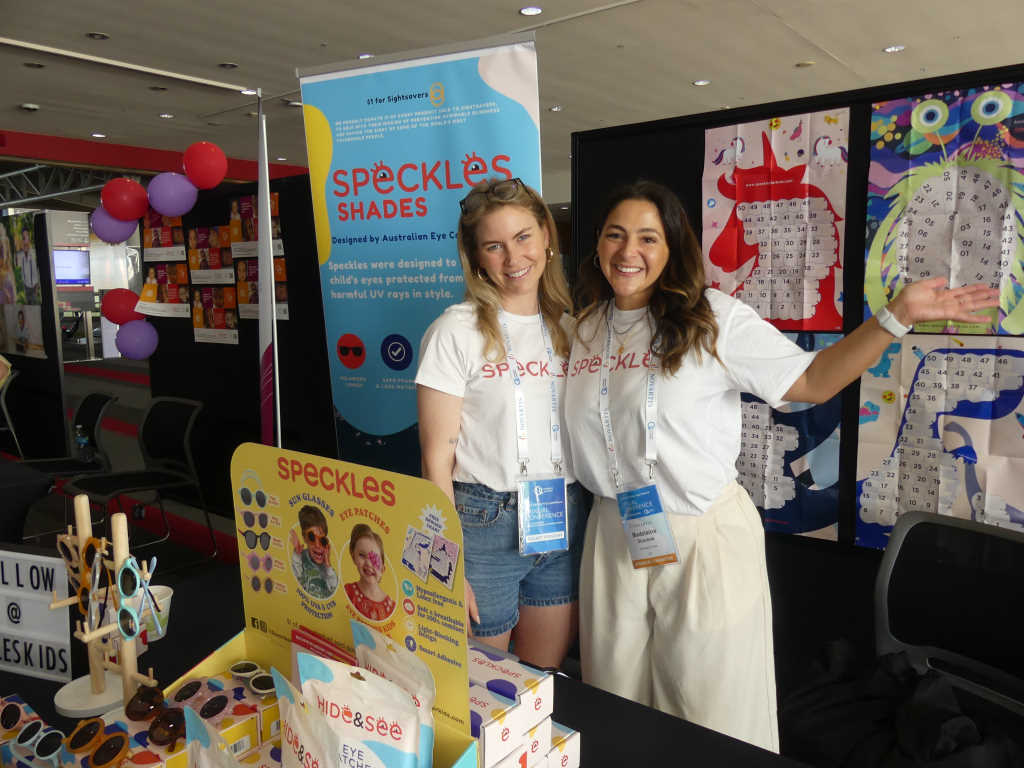Keratitis meets the BOSS
In the battle against increasing resistance to antimicrobial drugs, Sydney’s Bacterial Ocular Surveillance System (BOSS) is an epidemiological study designed to help refine topical treatment regimens.
Spurred on by the World Health Organisation’s (WHO’s) recommendation for more antimicrobial resistance surveillance programmes, BOSS was established in Sydney in 2016 by Professor Stephanie Watson, from the Corneal Research Group at the University of Sydney Save Sight Institute, and Professor Monica Lahra from NSW Health Pathology.
Microbial keratitis is often incurable, in part due to rising levels of resistance to antimicrobials, said Prof Watson during her presentation about the latest findings from BOSS at RANZCO 2022. Since the disease causes amblyopia in children and 1 in 10 of the elderly lose an eye, petitions have been made to WHO to grant microbial keratitis ‘neglected tropical disease’ status. If successful, this would afford access to more resources to reduce vision loss from the disease, said Prof Watson.
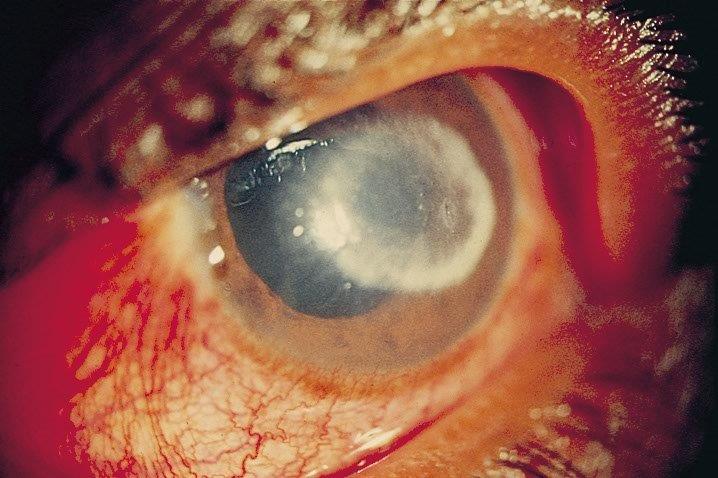
Fungal keratitis
In a pre-BOSS study in 2012, Prof Watson’s team found 232 genera associated with microbial keratitis. Repeating the study in 2019, the team identified a further 456 pathogens, with fungi being the most prevalent group. Despite this, Prof Watson said bacteria are the leading cause of microbial keratitis in Australia. The later study showed bacterial resistance to cefalotin in Sydney had also increased since 2012, as had methicillin-resistant Staphylococcus aureus (MRSA) resistance to ciprofloxacin and gentamicin. Of the different combination therapies tested, chloramphenicol plus antipseudomonal ciprofloxacin/ofloxacin was the most effective, with an overall susceptibility of 98.7%.
While the research team reported these findings support the current recommendations in Australia’s ‘Therapeutic Guidelines – Antibiotic, Version 16’, their detection of Pseudomonas aeruginosa in 13% of the 374 bacteria species isolated is evidence that empiric topical antibiotic therapy must include an effective antipseudomonal agent. Their report concluded that broadened surveillance for ocular antimicrobial resistance is urgently needed across jurisdictions.
The BOSS study has now been extended to identify geographical differences in keratitis pathogens, including two additional study centres in New South Wales, plus new centres in Victoria, Western Australia and South Australia. Prof Watson said it would be really helpful if other jurisdictions, including New Zealand, could be involved but that was of course dependent on them finding funding.
Read the full 2020 BOSS report here, doi.org/10.33321/cdi.2020.44.86










